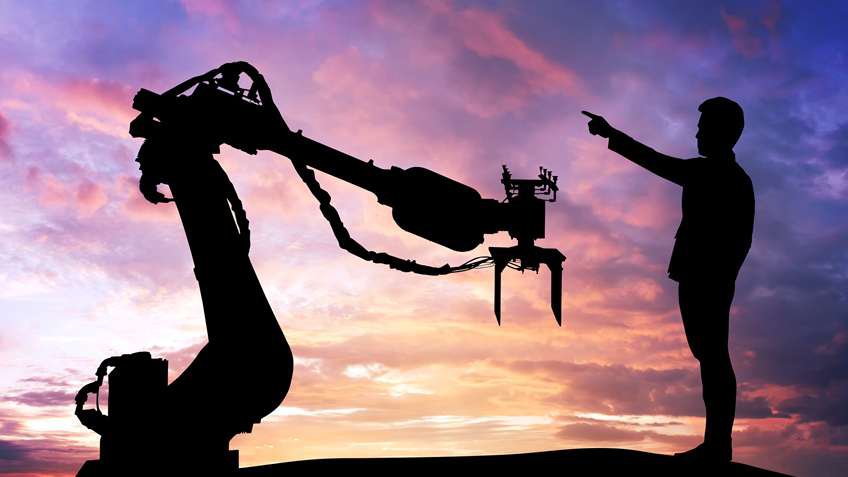For 30-plus years, economists and analysts have exalted the future of robots, praising the productivity gains we can expect (and the resulting increase in our standard of living) derived from making goods faster, better and cheaper.
Macroeconomic research finds that industrial robots have been a substantial driver of labor productivity and economic growth without putting jobs at risk.
Of late, though, I’ve witnessed growing concern that artificial intelligence (AI), machine learning and industrial automation will result in the loss of jobs.
While it’s true that these technologies will modernize highly repetitive tasks (just as computers and tools like Excel spreadsheets made it unnecessary to do computations with pencil and paper) it’s important to remember that making an employee twice as productive does not result in eliminating half of the jobs.
Conversations with other experts and participation in global think tanks confirms for me that the jobs created as a result of deploying these technologies will create a net gain in the market through more jobs (and generally more rewarding and better paying jobs).
In Defense Of Robots
We haven’t seen jobs negatively affected by automation the way some pundits feared they would be. Automation and advanced technology will actually help to ensure employment (and increase good paying jobs) as manufacturers become more productive and successful and look to hire more people who have skills in advanced manufacturing.
What has changed is the types of jobs manufacturers need to fill. A shift is occurring around jobs that are repeatable with tasks that can (and should) be automated. It’s the technological advances in automation that will provide manufactures with new sets of tools to optimize their operations.
This will create not just opportunities for people to develop new AI and machine learning algorithms, but many times more jobs applying the tools and analyzing the results.
The introduction of electronic computers eliminated the job of a human computer, but created many more jobs for developers, programmers and analysts. AI and machine learning will do the same, and if you have tried to hire a data analyst recently, I think you will agree with me that the trend is growing.
Automation and innovation go together. Programming a robot how to do something is relatively simple; mapping an entire operation remains something only humans can do.


